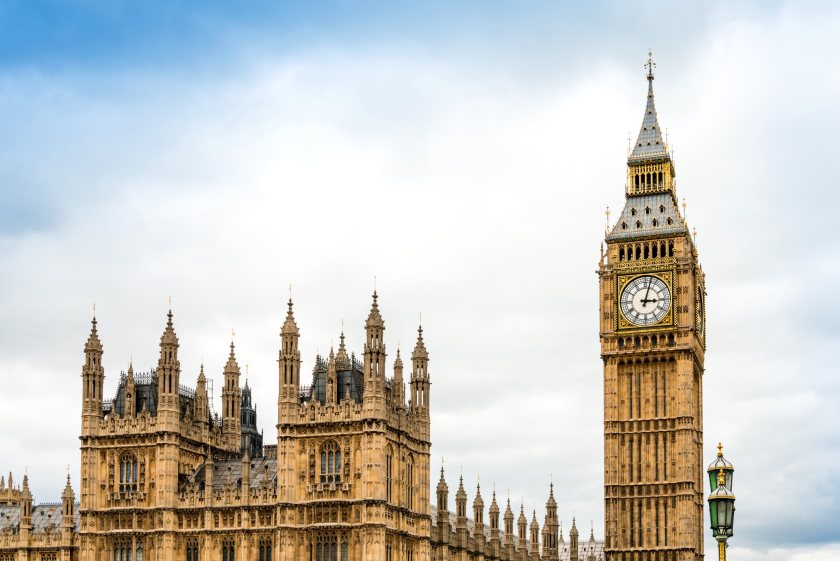
Farmers and Labour MPs have issued a fierce last-minute warning to ministers, demanding urgent changes to the proposed “family farm tax” amid warnings it will devastate small working farms already operating on razor-thin margins.
After a year of meetings between farmers and their constituency MPs, long-standing concerns among rural Labour members have now broken into the open.
Today (18 November) marks the first coordinated push from both farmers and a group of Labour backbenchers to get the government to change course.
The government is facing mounting anger across the farming community. More than 12,000 people have written to MPs, and farmers are planning a major tractor protest in London ahead of the chancellor’s budget on 26 November.
Farmers say the reforms — which cap agricultural and business property relief at £1 million — ignore the reality that many family farms have high land values but low incomes, with some claiming tax credits simply to cover everyday living costs. They warn that the reforms will deter succession, stall investment and hit the next generation hardest.
Fairer Family Farming — a new grassroots coalition of working farmers — argues that individuals earning little more than the average UK household will be “treated as multimillionaires” under the Treasury’s plans.
The group says the approach is neither fair nor sustainable, insisting that ministers should raise revenue from “those who seek to avoid it” rather than threaten the futures of family-run farms.
Martin Williams, a farmer from Hereford, said the government’s approach is choking ambition in a sector vital to the UK economy. “Good government policy would help to increase agriculture’s contribution to the country’s Gross Domestic Product,” he said.
“But the major policy decision taken by this government to date has stifled ambition, slowed investment and will be detrimental to the next generation of genuine family farms.”
He added that British farmers “fly the flag” on sustainability, welfare and provenance, yet now face the prospect of “paying a large one-off tax” that many cannot absorb.
While the wealthy must contribute, he said, “we know, hand on heart, that the current threshold is too low. It’s the winter fuel allowance all over again.”
At a briefing earlier today, major farming organisations joined Labour MPs — including members of the 35-strong Labour Rural Research Group — to call on ministers to raise the £1m threshold and introduce safeguards. They argue the current plan risks penalising the very businesses supplying the nation’s food.
“Farming is the backbone of our rural economy,” said Simon Orson, spokesperson for campaign group Midland Farmers. He welcomed progress on agricultural budgets but warned the tax plans “make it harder for the next generation to stay on the land”.
With the government focused on growth, he said it must recognise that “only agriculture is truly ‘growing’ things”. He urged the Prime Minister to “show leadership” and listen to the MPs who have repeatedly raised concerns.
Labour MPs echoed the alarm. Samantha Niblett, MP for South Derbyshire, said: “I have heard from so many of my farmers who are pleading with me to continue pressing the government to pause on their proposed changes to IHT. I promised to be their voice in Westminster, and my lobbying for them continues.”
Maya Ellis, MP for Ribble Valley, said the party had “a once in a generation chance” to show its values apply to rural as well as urban communities.
Farmers, she said, are “a core part of what it means to be British”, and she hopes ministers will “protect our small, sustainable farms from this sudden move that they’ve had no time to plan for.”
A third Labour MP said the farmers she represents are “reasonable people” who work hard and accept paying tax, but fear the current policy “will cause the death of some family farms, stifle rural investment and growth, and undermine our national food security”. They are not seeking a U-turn, she said, but “tweaks and safeguards”.
